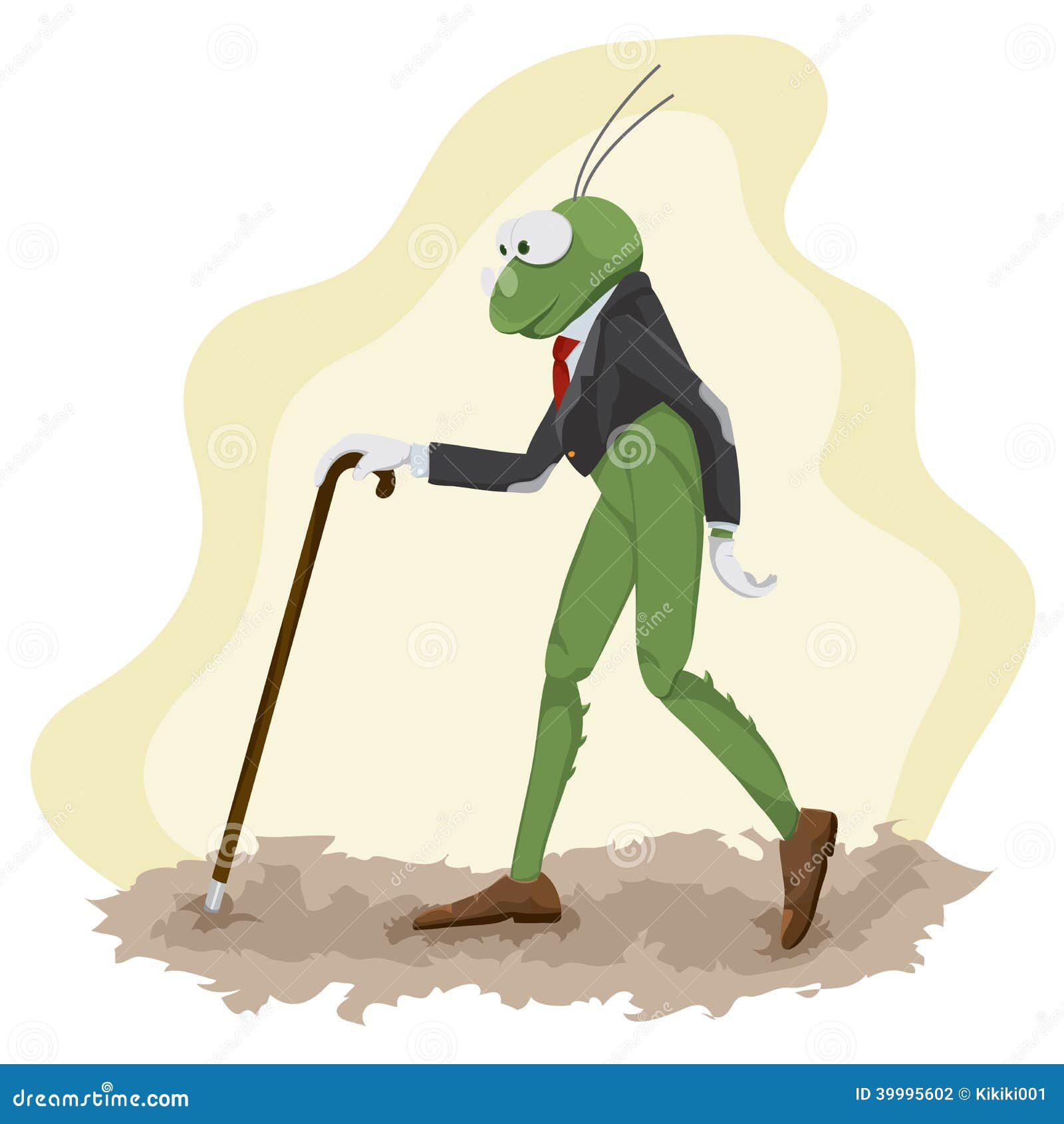
So my concern is that the focus on efficiencies is non-essential. These obstacles often mean that only less efficient means for achieving the goals/ends of the games are available. I do think all games involve rules that place certain kinds of obstacles for the players to overcome, surmount, or play around. It is a quibble if by less efficient he really means obstacle-making. My main quibble (and it might be more than a quibble) with Suits’ definition of games is the idea that “the rules prohibit use of more efficient in favor of less efficient means” (54).

So while I agree that game-playing and more generally play itself are important, even central, aspects of human life, I disagree that is the only intrinsically valuable (whatever that means) human activity. His distinction between instrumentally and intrinsically valuable activities is too constrained and too sharp (it leaves no room for mixed activities or constitutively valuable activities). His accounting of play as “all of those activities which are intrinsically valuable to those who engage in them” is far too broad (This sweeps in things like one’s career) (146). So, whatever we might learn about such a utopian life is meaningless for the life human beings live. The life he imagines here is impossible, and even if it were, such beings living that life would be nothing at all like human beings. Without going into detail (I hope to write a long blog fleshing this out), his use of Utopia is irrelevant. I think Suits is wrong here, for several reasons. Suits argues that the only activities in such a utopia would games (or other forms of play).


By Utopia, he means a state of life where all activity is purely and totally voluntary and no instrumental activity is necessary. The Grasshopper’s main philosophical claim seems to be that in Utopia, all meaning in life would come from some kind of game-playing. Suits’ discussion is really more an analysis of the meaning of life. The main focus of the book is an extended discussion of the definition of the concept of “Game.” While in some ways, it is a meant as an answer to Wittgenstein’s famous claim that one can’t define “game,” it is more philosophically rich than that. That is, I enjoyed reading it and found it enlightening. Though I don’t agree with many of its philosophic conclusions, the work, overall, is successful at pulling all these elements off. It, quite self-consciously, plays off elements from Socratic dialogues, the New Testament, and Aesop’s fables. It is part narrative, part dialogue, part treatise. “The Grasshopper” is unique philosophy monograph.

With this exciting news, I thought I’d repost a brief review I wrote of The Grasshopper: Games, Life and Utopia. Also, there is a new appendix on the meaning of play. The new edition contains the illustrations from the original publication. Broadview Press has released a 3rd Edition of the Bernard Suits classic: The Grasshopper: Games, Life and Utopia.


 0 kommentar(er)
0 kommentar(er)
